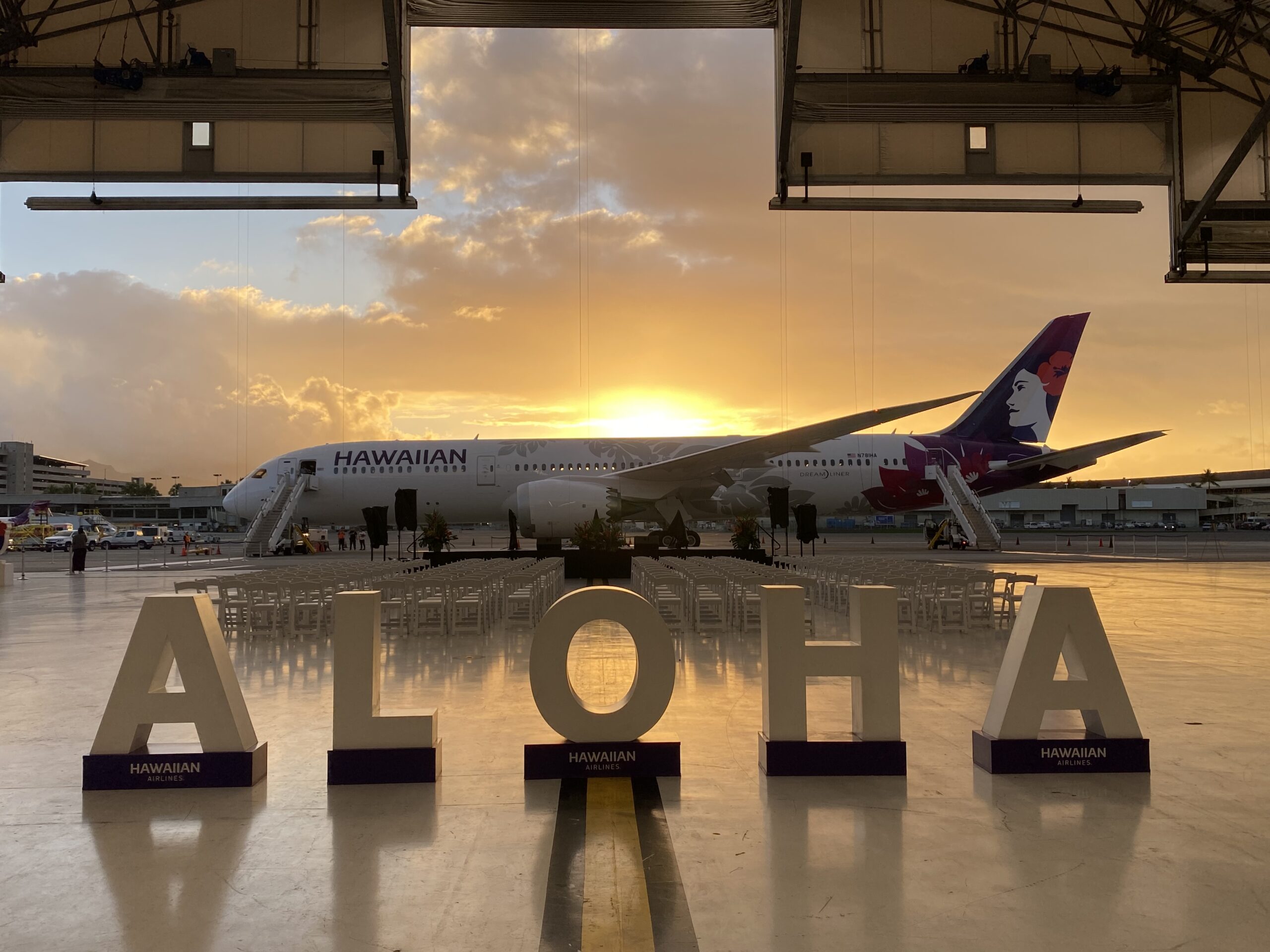United Airlines Makes $5 Million Bet on Algae to Revolutionize Aviation Fuel
The airline is investing $5 million in algae-based fuel producer, Viridos, to help cut air travel's carbon footprint and achieve net-zero carbon emissions
by Lark Gould
April 24, 2023
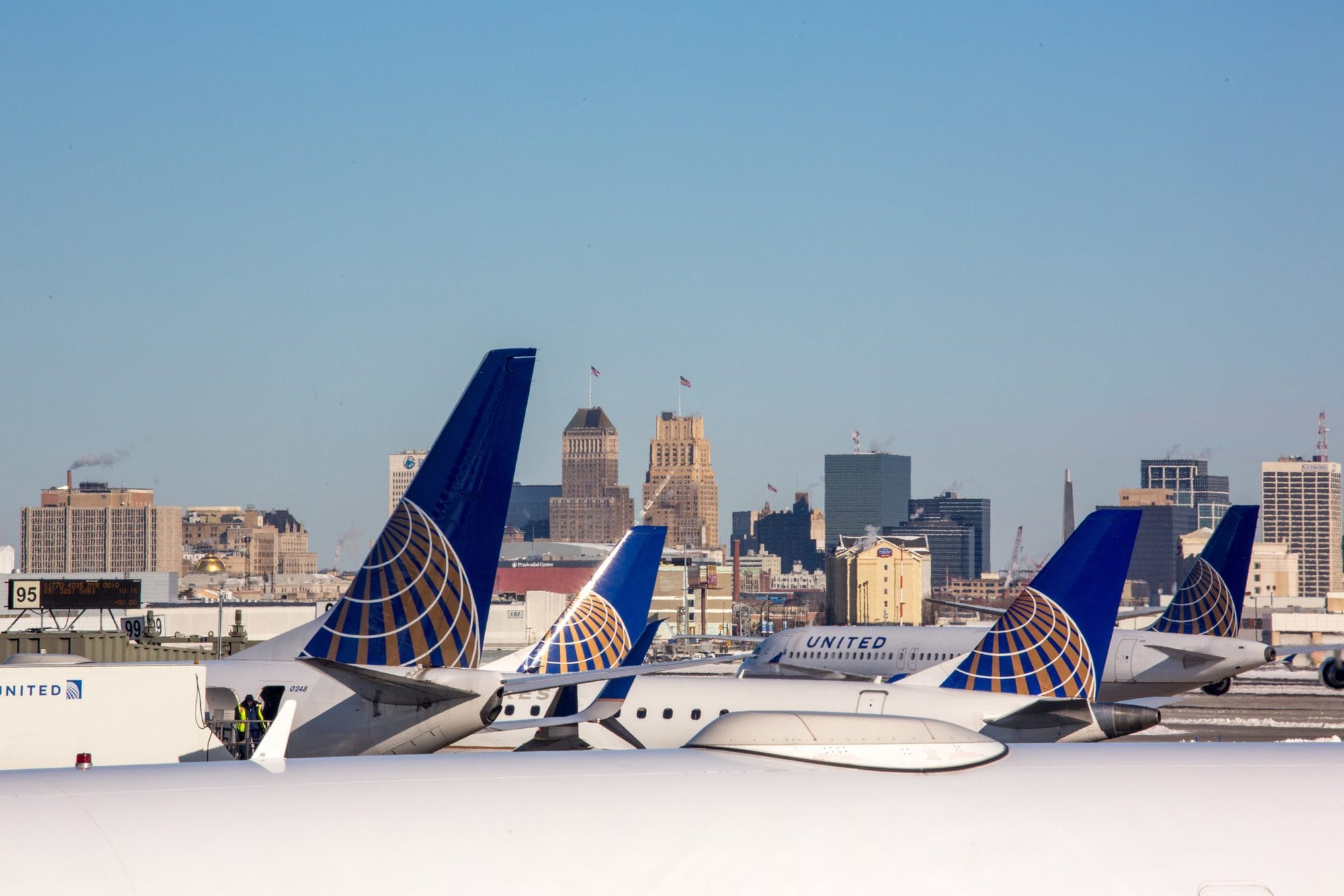
Photo: Courtesy of Jason Leung / Unsplash
Last month, United Airlines put its money where its mind is—on the future of aviation. If there is to be one, it will take considerable investment into next-gen fuel sources so UAL put its wager on what algae can do with a $5 million “sea to sky” infusion in one of many sustainable aviation fuel (SAF) labs.
The investment could be the right call as the race is on to lift the airline industry into a net-zero carbon emissions space.
Viridos, an algae-based fuel producer, has come up with a bioengineered microalgae that can be used to scale the future production of SAF affordably and help cut the greenhouse gas (GHG) emissions associated with air travel that currently account for 10% of U.S. GHG — a figure expected to triple by 2050.
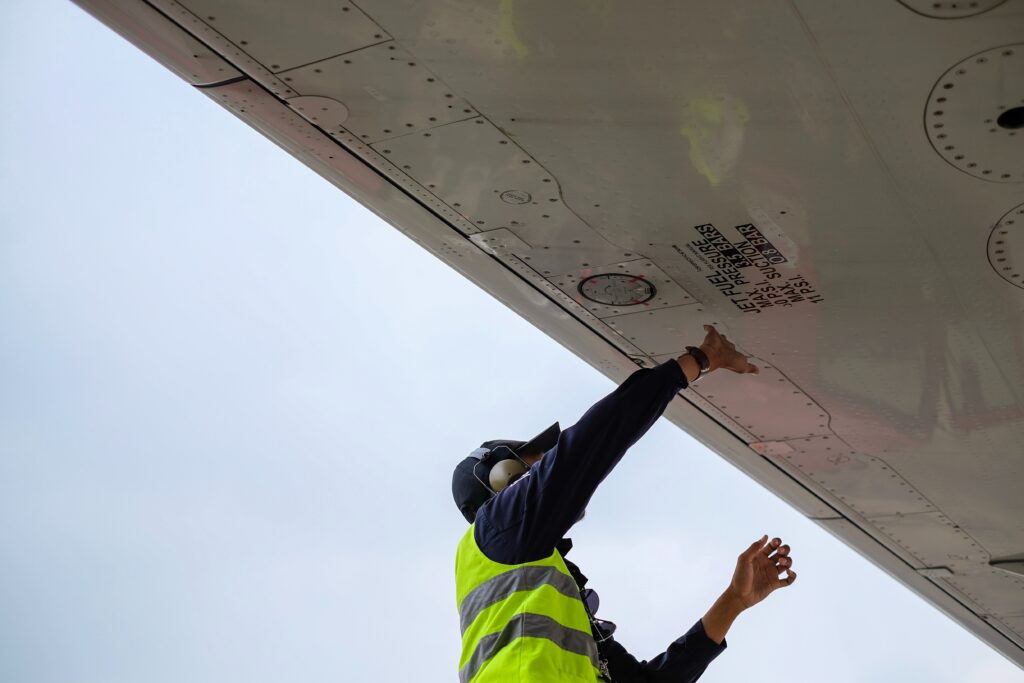
Photo: Courtesy of Pandu Agus Wismoyo / Unsplash
SAF is made from used cooking oil and agricultural waste and, in the future, could be made from other feedstocks, including household trash, forest waste, or algae.
United has invested in the future production of over three billion gallons of SAF through the United Airlines Ventures Sustainable Flight Fund program, which also has Air Canada and Boeing as members.
“SAF is proven, scalable, and the best tool we have to reduce our carbon emissions from flying, but we face a significant shortage of available feedstock,” said United Airlines Ventures President Mike Leskinen.
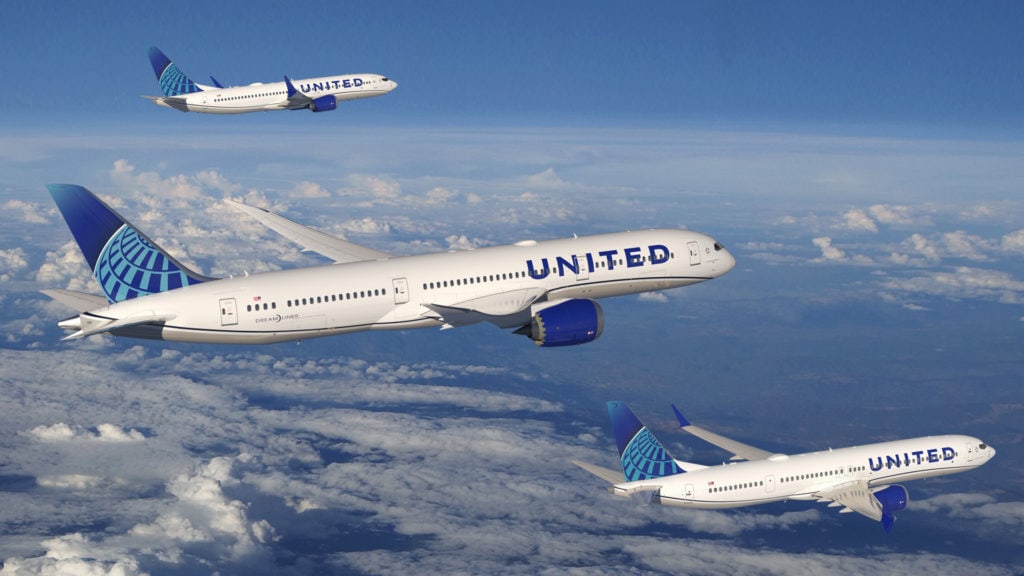
Photo: Courtesy of Boeing Commercial Airplanes
“As the global aviation leader in SAF production investment, United remains committed to reaching net zero carbon emissions, without relying on traditional carbon offsets, by 2050. Viridos’ algae-based biofuel technology has the potential to help solve our supply problem without the need for farmland or other agricultural resources and marks our inaugural investment in our new cross-industry UAV Sustainable Flight Fund.”
Viridos, a biofuel company focused on decarbonizing industries, is taking the lead in the bioengineering of microalgae and has already achieved exponential results over mainstream oil productivity. This creates an opportunity for potentially scalable and more sustainable algae oil production that could later be used to produce SAF. Based on current estimates, SAF created by Viridos’ algae oil is expected to have a 70% reduced carbon footprint on a lifecycle basis compared to traditional jet fuel.
Long Road to Sustainability
But while all these kudos sound hopeful and wishful, the road to sustainable aviation is very long, with scalable results at least 20 years away by some educated estimates.
Headwinds are heavy and include an A to Z range of problems that need to be fixed, efforts that need to be developed and put into place, training, infrastructure… and product – which still needs to be engineered and produced at cost-efficient levels.
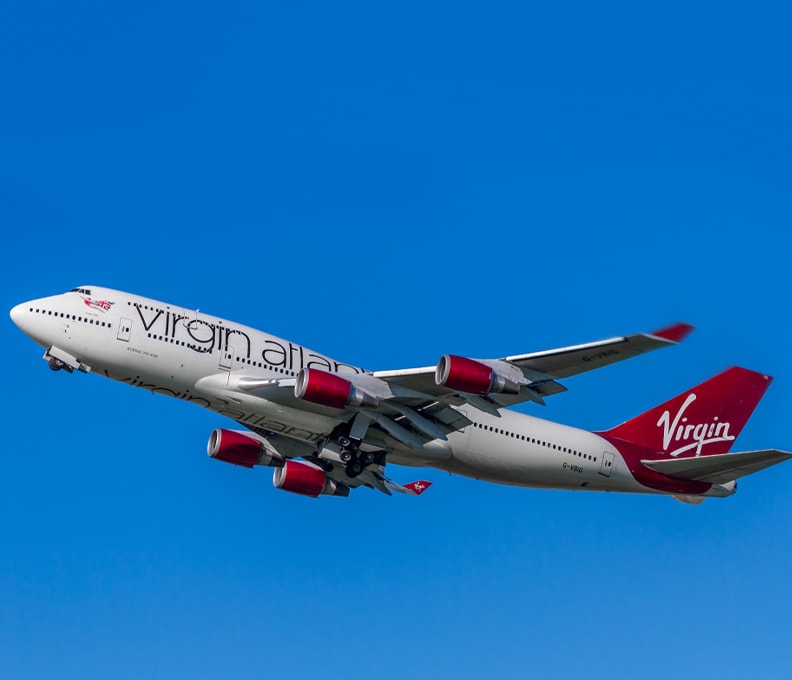
Virgin Atlantic B747 / Photo: Abdul N Quraishi – Abs/Shutterstock
This work has plenty of momentum, some 15 years after Virgin Atlantic flew a Boeing 747 from London to Amsterdam with a mixture of coconut and babassu oil comprising 20 percent of its fuel load. That same year, an Air New Zealand jet flew with a 50-50 mix of jatropha oil and jet fuel.
In 2010, an Airbus demo at the Berlin Air Show proved it was possible to fly on algae-derived biofuels. These test flights showed that biofuels were workable for aircraft without requiring major modifications to existing engines.
Oil companies, including Exxon, had been investing in these technologies over the years, only to pull out one by one. The mandate is clear: oil reserves are disappearing, and whatever resources are left must be used to extract what remains deep in the ground.
The world is heading toward an energy wall, and new sources must increase. But at what cost? SAF stocks are expensive to produce at this time and only begin to make sense when oil tops $100 a barrel. And at those costs, quantities needed for today’s hungry aviation industry remain scarce.
Farm to Fuel
The 2019 jet fuel uplift in the United States was approximately 23 billion gallons and is expected to grow to about 34 billion gallons by 2050. The current cost of jet fuel is around $3.28 per gallon. By comparison, the average cost for SAF fuel is $9.23 per gallon. And that is only if you can get it.
SAF currently comprises only 0.1-0.2% of aviation fuel supplies globally. The U.S. produces some 4.5 million gallons of this fuel source annually, which needs to grow to 50–60 billion gallons of low-carbon biofuels to meet projected needs over the coming decades.
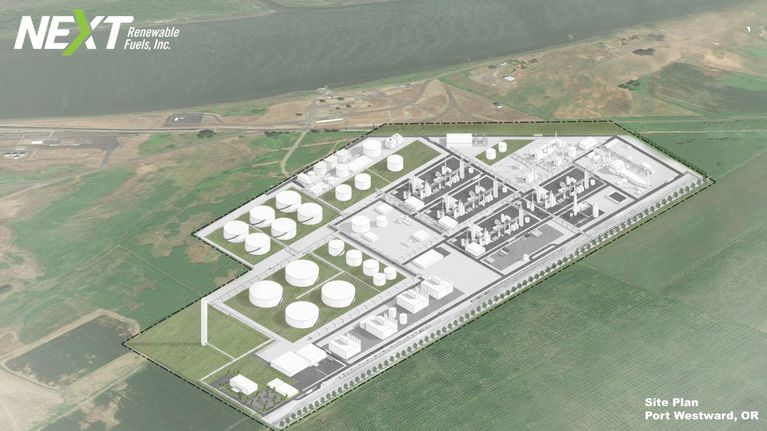
A rendering of the proposed biofuels refinery at the Port Westward. Courtesy of NEXT Renewables.
Sustainable fuel combos can come from various sources, and trash in your kitchen counts. Energy crops such as soybean, canola, and a bounty of other crops can be put into the pipeline but require massive land swaths and energy. Organic waste is another key source for SAF but also requires a complex collection, conversion, and storage system to create. In a fragmented world of supply lines, amassing and regulating this new industry becomes a titanic task that cannot be left to farmers, labs, and private industry alone.
On January 26, 2023, the U.S. Department of Energy (DOE) committed $118 million in funding for 17 projects targeted to accelerate the production of sustainable biofuels as the Biden administration works to cut greenhouse gas emissions from transportation and manufacturing.
Viridos was one of those companies that recently announced that it has raised $25 million with funding to support R&D for creating and commercializing sustainable, low- carbon, algae-based jet, and diesel fuel. Some of that funding was led by the Bill Gates-founded Breakthrough Energy Ventures and United Airlines. Viridos had initially formed an R&D partnership with Exxon in 2010 in their efforts to create next-generation biofuels from algae.
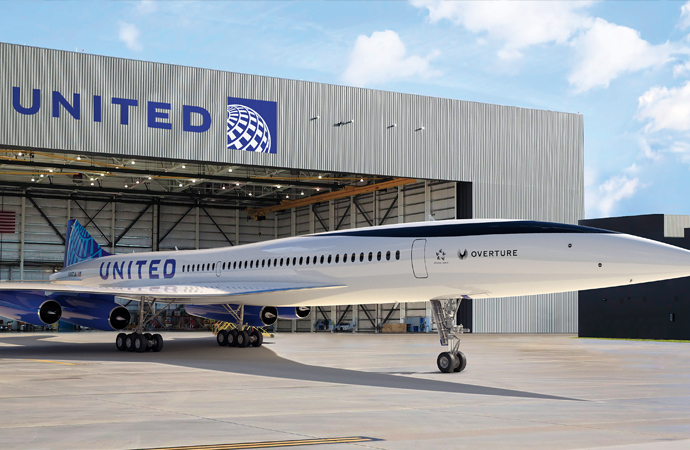
Rendering of a United Airlines Boom aircraft / Photo: Courtesy of Boom Supersonic
Among the advantages of using algae for this purpose is the fact that at Viridos, the ancient seawater organism is grown in a vessel filled with seawater, so the technology can be used in arid locations and without the risk of depleting freshwater or arable land.
“By establishing production sites to grow Viridos-engineered microalgae in salt water, we are creating the foundation for a biofuel future that moves away from fossil fuels without competing for precious resources,” said Viridos CEO Oliver Fetzer. “We are excited to have the support from United Airlines. Together we can build the ecosystem needed to bring algae biofuels to the market.”
